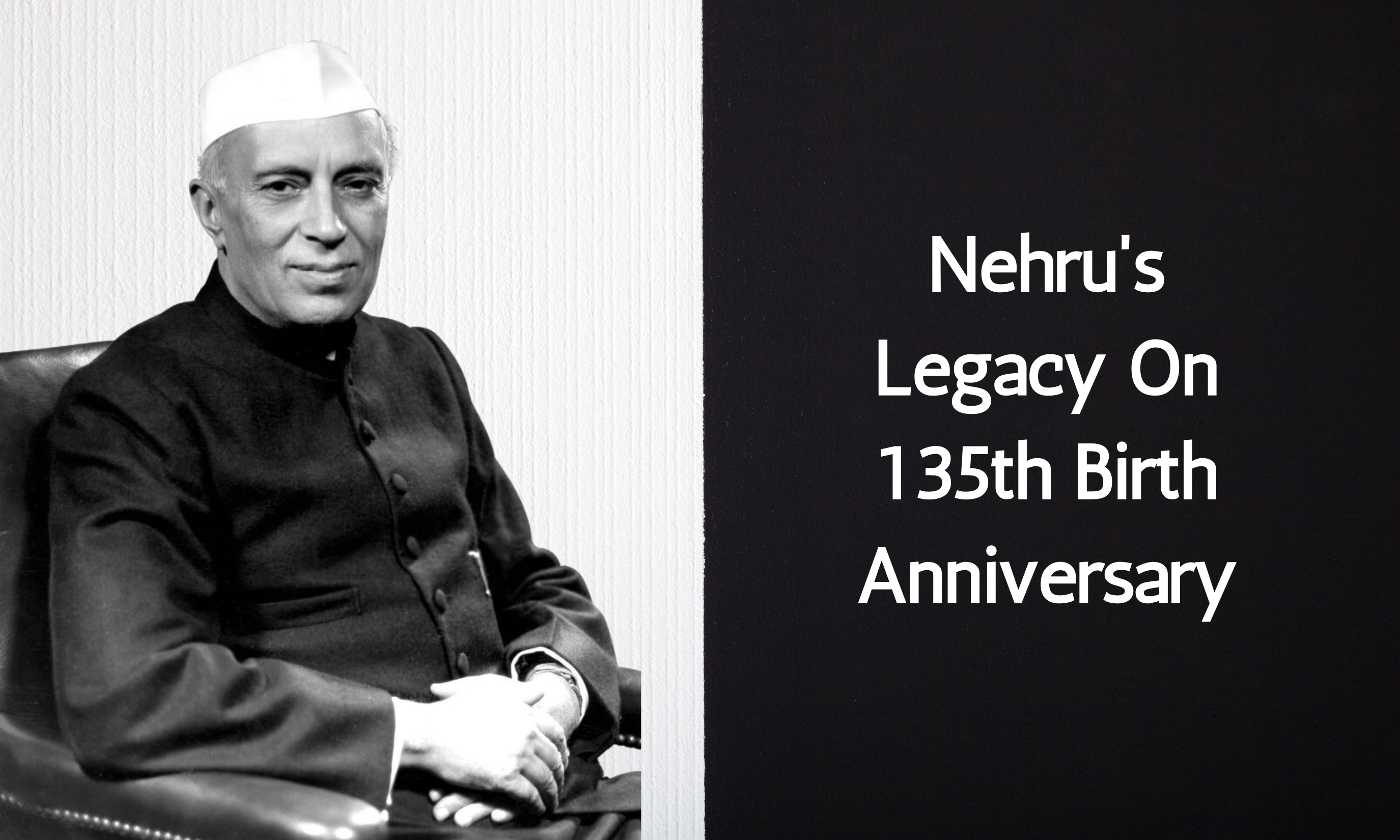Trump Taps Tulsi Gabbard for Intelligence Overhaul Amid Shared Vision with India on Global Issues

Former Democratic congresswoman Tulsi Gabbard has been appointed by President-elect Donald Trump as the new Director of National Intelligence. Gabbard’s appointment signifies Trump’s inclination toward foreign policy skeptics, particularly those who question the traditional approach to U.S. military interventions.
With her combat experience in Iraq and a background deeply rooted in Hinduism, Gabbard brings a unique perspective to the role, especially regarding U.S.-India relations and global diplomacy.
Tulsi Gabbard’s Unique Appointment as Director of National Intelligence
Gabbard made history as the first Hindu ever elected to Congress, a significant achievement for both her and the Hindu-American community. A lifelong vegetarian, she took her oath of office on the Bhagavad Gita, a sacred Hindu text.
Raised by her mother, who adopted Hinduism after being born on the U.S. mainland, Gabbard represents a blend of cultural and political influences. Representing Hawaii, she was also the first American Samoan to serve in Congress.
In 2014, Gabbard strongly supported Indian Prime Minister Narendra Modi’s push to establish an International Yoga Day. Gabbard pledged to lead the initiative in Congress and expressed her commitment to passing a resolution in support of Modi’s UN proposal.
According to Gabbard, yoga transcends physical exercise, serving as a lifestyle and worldview that promotes health, peace, and solutions to global challenges. Both Gabbard and Modi believe that yoga holds great potential beyond physical fitness, offering spiritual and cultural benefits that resonate globally.
Tulsi Gabbard’s Role in Promoting US-India Relations
During their meeting in New York, Gabbard and Modi discussed shared goals, particularly in combating extremism and fostering stronger cooperation between the U.S. and India. Gabbard also presented Modi with a copy of the Bhagavad Gita, a personal gift she has treasured since her childhood.
She reaffirmed her full support for the establishment of International Yoga Day, emphasizing that yoga represents an important cultural and philosophical connection between India and the rest of the world.
Gabbard has also been vocal about the complexities surrounding the Kashmir region, emphasizing the need to understand the region’s deep historical and cultural significance.
While she acknowledged the region’s difficult history and the displacement of many families, she asserted that the solution must come from within India. Gabbard stated, “This is a situation…in a sovereign country that must be worked out by all sides who have a stake in their own future there.”
Despite her political accomplishments, Gabbard has faced challenges as a Hindu in U.S. politics.
Facing Challenges and Defending Religious Freedom
She has frequently been accused of being a “Hindu nationalist,” a stereotype she vehemently rejects. In an op-ed for ReligionNews, Gabbard condemned religious bigotry in the U.S., stating that her support comes from people of various faiths, including Christians, Muslims, Jews, and Buddhists.
She argued that such support proves her commitment to inclusivity and that the targeting of Hindu Americans sets a dangerous precedent that could later extend to other religious minorities. Gabbard posed the question, “Today it’s the profiling and targeting of Hindu Americans…tomorrow will it be Muslim or Jewish Americans?”
Gabbard pointed out that her political opponents have often used her faith to stoke fear and division, accusing Hinduism of being incompatible with American values.
She expressed concern over this divisive rhetoric, emphasizing the need for unity and understanding across different religious communities. Gabbard has consistently spoken out against such discrimination, highlighting the importance of fighting religious bigotry in all forms.
On Janmashtami, Gabbard expressed how the Bhagavad Gita had been a source of comfort and guidance for her throughout her life, especially during challenging times.
Gabbard’s Unique Perspective on Religious Tolerance
Reflecting on the difficult year of 2020, she encouraged others to find strength in the teachings of the Gita, which provide a spiritual foundation in times of uncertainty. For Gabbard, the Bhagavad Gita offers timeless wisdom that helps individuals stay grounded amid life’s turbulent challenges.
In 2021, when violent mobs targeted Hindu communities in Bangladesh during the Durga Puja festival, Gabbard spoke out against the violence, urging the Bangladeshi government to protect its religious minorities.
She condemned the acts of violence perpetrated by Islamist extremists, calling them a betrayal of the core values of faith. “It broke my heart to see such hate and violence,” she said, underscoring the need to protect the rights and freedoms of religious minorities globally.
Gabbard’s political journey, shaped by her unique cultural identity as a Hindu-American, has seen her continue to advocate for global peace, religious tolerance, and U.S.-India cooperation.
Her appointment as Director of National Intelligence marks a new chapter in her career, one that promises to influence U.S. foreign policy with her distinctive worldview. Gabbard’s role in shaping U.S.-India relations and promoting international peace reflects her broader commitment to fostering mutual understanding across cultures and faiths.








